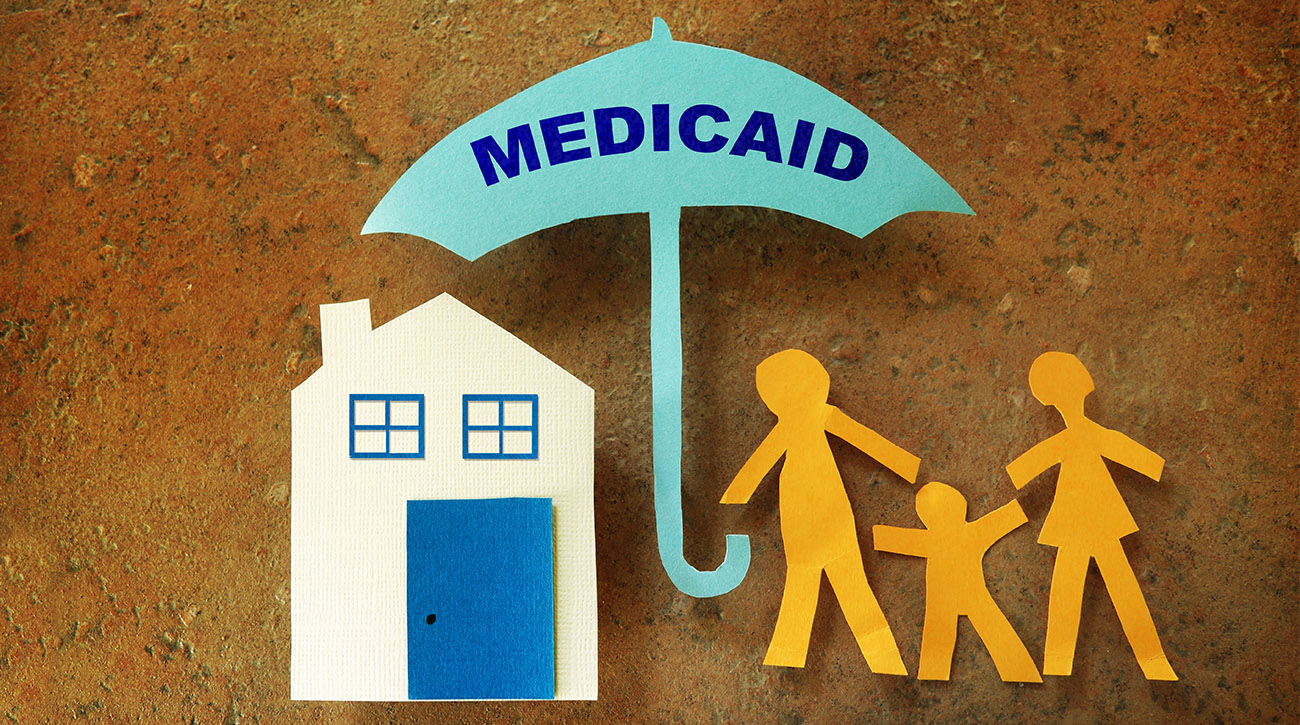Today, 31 states and the District of Columbia have expanded Medicaid and thus have provided health insurance to millions of Americans who previously lacked this crucial coverage. The federal government has also allowed six of those states (Arkansas, Iowa, Indiana, Michigan, Montana and New Hampshire) to adopt expansion of Medicaid but on an experimental basis.
A new analysis by Sara Rosenbaum, J.D., the Harold and Jane Hirsh Professor of Health Law and Policy at Milken Institute School of Public Health at the George Washington University, finds that the state experiments vary in some ways but all “make the poor pay more for their coverage.” For example, some state demonstrations extend the charging of premiums to people with incomes that are below the poverty level. Rosenbaum also says that “Indiana expects premium payments even from people with no visible income.”
The Perspective, published October 13, 2016 in the New England Journal of Medicine, says that such changes to the Medicaid program raise some important concerns, especially if more states follow the lead of the six in this analysis. For example, would charging very poor people premiums affect access and continuity of coverage? Past research suggests the poor are very sensitive to out-of-pocket health burdens and will go without care—even if it is for an urgent medical problem, Rosenbaum notes.
How far Medicaid will move to follow the lead of such experiments remains to be seen. However, Rosenbaum cautions that no matter what the future holds “Medicaid must retain its ability to effectively cover the poor and respond flexibly to emerging population health needs.”
The Perspective, titled “Medicaid and Insuring the Poor—Where Are We Heading?” was published in the October 13, 2016 issue of the New England Journal of Medicine.


